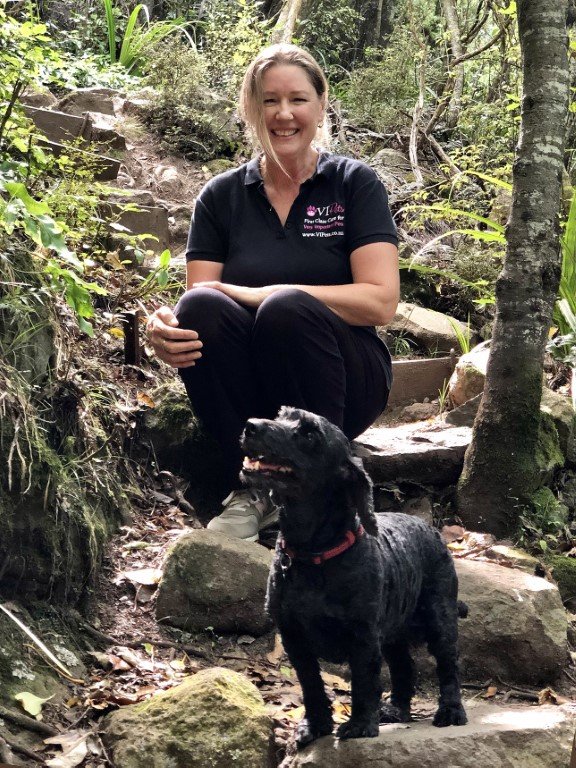Rabbits have this reputation for being easy, low-maintenance pets. Stick them in a hutch in the backyard with some pellets and water, clean it out occasionally, and you’re done. Maybe let them hop around the garden for a bit on weekends.
If you actually own rabbits, you know that’s complete nonsense.
Rabbits are surprisingly complex, delicate creatures with specific needs that most people drastically underestimate. They need daily exercise and mental stimulation. Their digestive systems are fragile and require constant monitoring. They’re prey animals who hide illness incredibly well. They can literally be injured by incorrect handling. And they’re social, intelligent animals who get bored and lonely without proper interaction.
If you’re reading this because you need someone to care for your rabbit in Christchurch while you’re away, you already understand all of this. You’re not looking for someone to just chuck some food in a hutch and leave. You want someone who actually knows rabbits and will give them the proper attention and care they need to stay healthy and happy.
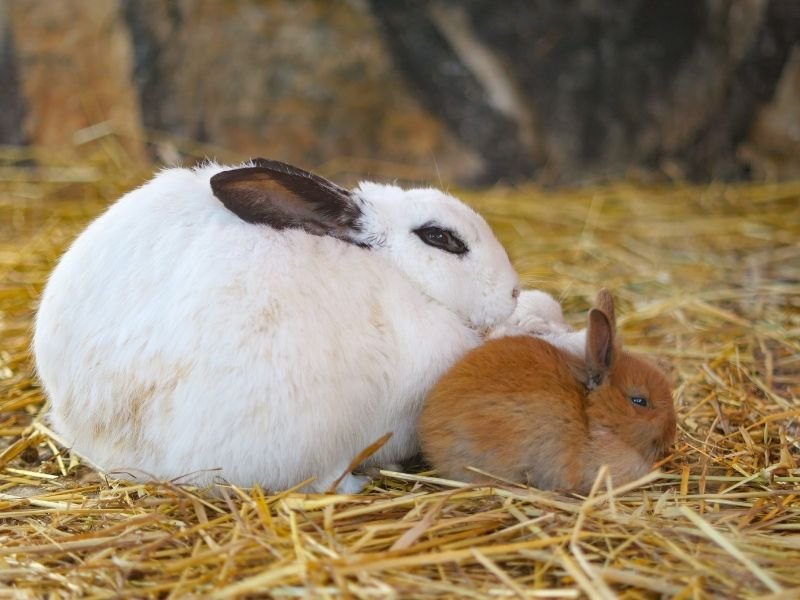
Why Rabbits Are More Fragile Than Most People Realise
Here’s something that surprises people who’ve never owned rabbits. They’re incredibly delicate animals despite looking quite solid and robust. Their skeletal structure is surprisingly fragile relative to their body size. If a rabbit kicks out suddenly while being held incorrectly, they can actually break their own spine. If they’re dropped or fall from even a moderate height, serious injury is likely.
Their digestive system is equally delicate. Rabbits need to eat constantly to keep their gut moving. If a rabbit stops eating for even twelve hours, their digestive system can start shutting down, which becomes a life threatening emergency incredibly quickly. They need unlimited access to hay at all times, not just food twice a day. They also need fresh vegetables daily and their pellets carefully measured because too many can cause obesity and health problems.
Dental issues are another massive concern with rabbits. Their teeth grow continuously throughout their lives, and if they’re not wearing them down properly through chewing hay and fibrous foods, they can develop painful overgrown teeth that make eating difficult or impossible. A rabbit with dental problems might seem fine at first glance but is actually in serious discomfort and heading toward malnutrition.
Because rabbits are prey animals, they’re hardwired to hide any signs of illness or weakness. In the wild, looking sick makes you a target for predators. This survival instinct means your rabbit could be genuinely unwell and you might not notice until things are quite serious. They’ll keep eating, keep moving around, and seem relatively normal even when something’s wrong. You need to know the subtle signs to watch for. Slightly less enthusiastic about food. A bit quieter than usual. Different poo size or amount. Small changes in posture or energy level.
All of this means rabbit care isn’t something you can half do or rush through. It requires genuine knowledge, careful observation, and proper handling techniques. Getting it wrong can have serious consequences.
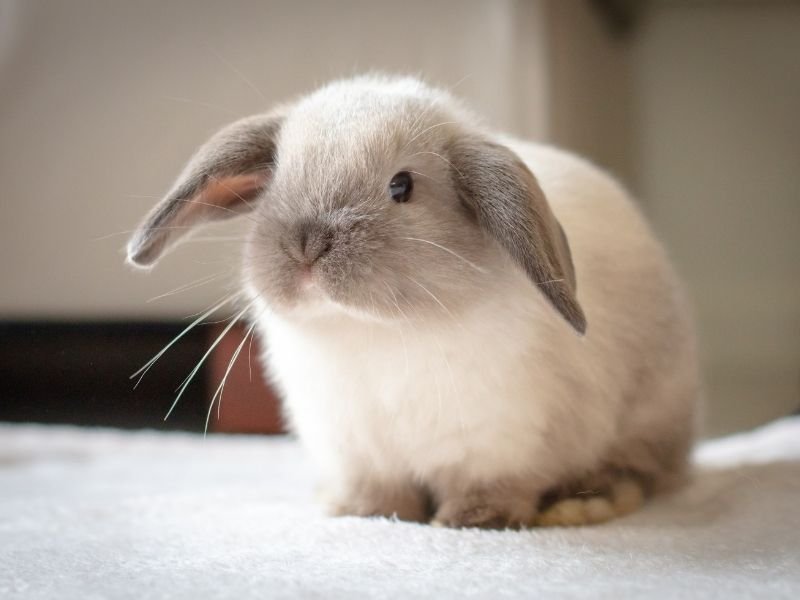
What Proper Rabbit Sitting Actually Involves
When I care for rabbits in Christchurch, here’s what happens during each visit. It’s significantly more involved than most people expect.
First, there’s the health check. Before I even touch the rabbit, I watch how they’re moving and behaving. Are they hopping around normally or favouring a leg? Are they alert and curious when I arrive or hanging back looking lethargic? Are their eyes bright and clear or dull and watery? Is their nose clean or showing discharge?
Then I gently pick them up using proper rabbit handling techniques, supporting their back end and keeping them close to my body so they feel secure. I check their weight by feel because sudden weight loss is an early sign of problems. I examine their eyes, nose, and ears for any discharge or crustiness. I check their bottom to make sure it’s clean with no signs of diarrhoea or urine scald, which can develop quickly in rabbits who aren’t grooming properly.
I also check their teeth by gently lifting their lip to look at their front incisors. If those look overgrown or misaligned, it’s a warning sign their back teeth might have problems too, which would need a vet visit. I feel along their body for any lumps, bumps, or sore spots they react to.
Feeding is next, and it’s more complex than just filling a bowl. I make sure hay is topped up and accessible, because rabbits genuinely need unlimited hay available at all times. I provide their daily fresh vegetables, following whatever specific routine their owner has established. Different rabbits tolerate different vegetables, and introducing new ones suddenly can cause digestive upset. I measure out their pellets carefully because the amount varies significantly by the rabbit’s size, age, and activity level.
Water bottles or bowls get checked and refilled. Some rabbits prefer drinking from bowls rather than bottles, and you need to make sure whichever system they use is working properly and staying clean.
Exercise and enrichment time is essential. If the rabbit is normally free range in the house or has regular exercise time outside their enclosure, I provide that. Rabbits need space to hop, run, binky, and explore. They’re active, playful animals when they’re happy and healthy. Keeping them confined constantly without proper exercise causes physical and mental health problems.
I also spend time just sitting with them, talking quietly, maybe offering a gentle stroke if they’re comfortable with that. Some rabbits love human interaction and will hop over for attention. Others are more shy and prefer you sit quietly nearby while they do their own thing. Either way, consistent gentle presence from the same person reduces stress significantly.
Housing maintenance is another big part of the visit. I spot clean any obviously soiled areas, removing wet spots and poo. If the rabbit is litter trained, I clean their litter tray. For longer stays, I do more thorough cage or enclosure cleaning every few days, replacing bedding and wiping down surfaces. Rabbits living in dirty conditions can develop respiratory problems and skin infections.
All of this usually takes me at least thirty minutes per visit, sometimes longer if there are multiple rabbits or any health concerns need addressing.
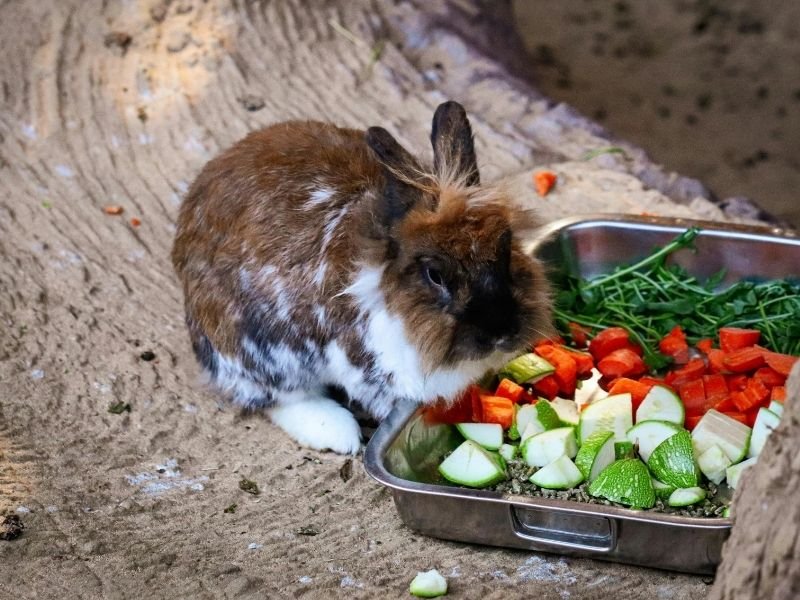
When You Need a Rabbit Sitter in Christchurch
The most common reason people contact me for rabbit care is holiday travel. You’re going away for Christmas or taking a summer holiday and you need someone to look after your bunny while you’re gone.
But there are other situations where professional rabbit sitting becomes necessary. Work trips that run longer than expected. Family emergencies requiring sudden travel. Medical procedures or hospital stays where you physically can’t care for your pets for a period.
Whatever the reason, the key challenge is finding someone who actually understands rabbits. Your dog loving friend might have wonderful intentions, but if they’ve never cared for rabbits before, they probably don’t know proper handling techniques or what warning signs to watch for.
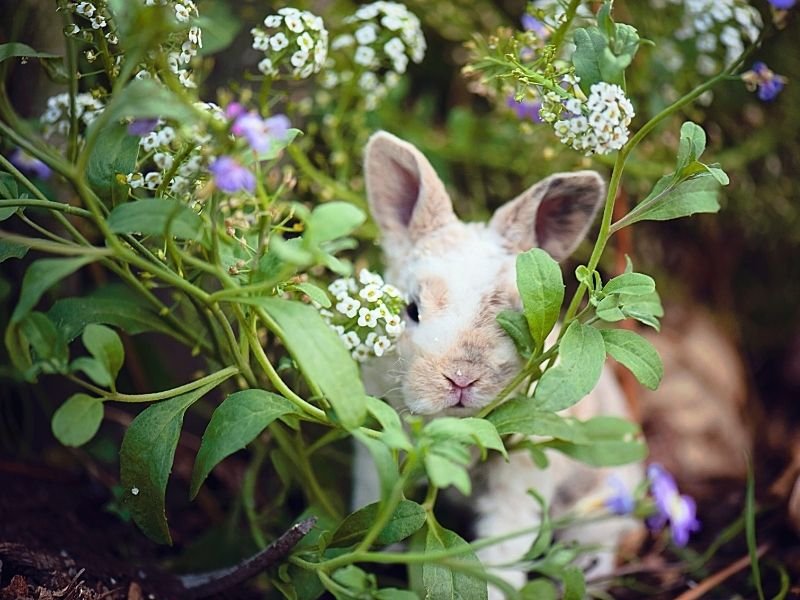
Why Friends and Family Often Struggle With Rabbit Care
I need to say this carefully because nobody wants to feel like they’ve let someone down. But I’ve seen many situations where well meaning friends or family agreed to care for rabbits and it didn’t go smoothly.
The most common issue is that people don’t realize how much time proper rabbit care takes. They think it’s ten minutes twice a day when it’s actually more like thirty to forty minutes per visit if you’re doing everything properly. They agree to help and then discover they’ve committed to something more demanding than they expected. Visits get rushed or occasionally skipped because they’re busier than they thought.
The second problem is lack of knowledge about what’s normal for rabbits. If your rabbit is eating a bit less than usual, you’d notice immediately because you know their habits. Your friend might not realise anything’s wrong until the rabbit has stopped eating entirely, which in rabbits is a genuine emergency. By the time they recognize there’s a problem, you’re dealing with a crisis rather than catching something early.
Handling is another significant concern. If your friend doesn’t know proper rabbit handling techniques and picks them up incorrectly, they could actually injure the rabbit. Or the rabbit might struggle and hurt themselves trying to get away. It sounds dramatic, but rabbit spinal injuries from improper handling are unfortunately quite common.
There’s also the emergency question. If your rabbit shows signs of illness while you’re away, does your friend know which vet to call? Do they understand the difference between minor concerns and urgent emergencies? Are they comfortable making decisions about veterinary care? Will they actually call the vet or will they wait and hope it improves because they don’t want to worry you while you’re on holiday?
And honestly, there’s the friendship strain aspect. If something goes wrong while your rabbit is in your friend’s care, both of you feel terrible. They feel guilty even if it wasn’t their fault. You feel awkward about being upset when they were doing you a favour. It creates tension that can genuinely damage relationships.
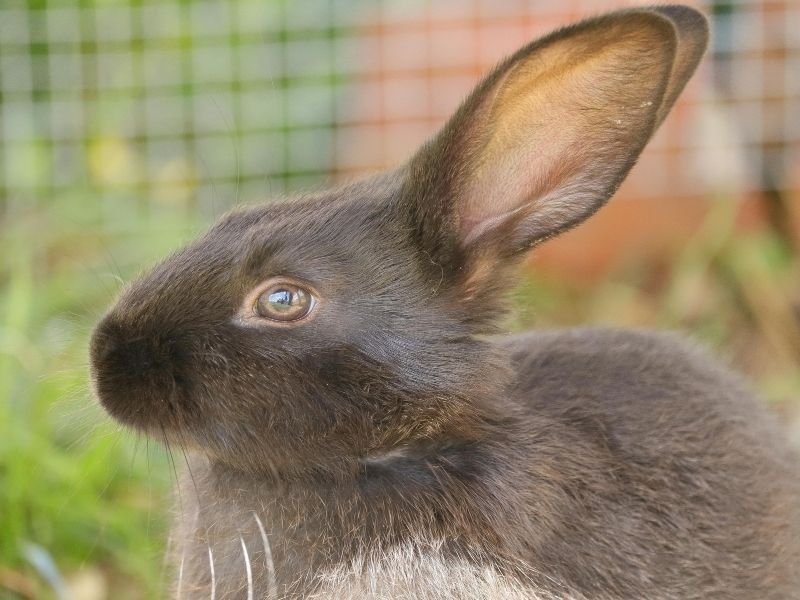
Rabbit Boarding vs In Home Care
Some rabbit owners wonder whether boarding their bunny at a facility might be better than having someone visit their home. There are places around New Zealand that offer rabbit boarding, and some provide excellent care.
The advantage of boarding is constant supervision. If something goes wrong, someone’s there immediately to respond. Some facilities have good relationships with rabbit savvy vets or even veterinary care available on site. For rabbits with complex medical needs, that level of oversight can feel reassuring.
However, boarding has downsides for rabbits specifically. Rabbits are highly stressed by changes in environment. Taking them to a boarding facility means catching them, putting them in a carrier, driving them somewhere unfamiliar, settling them into a strange enclosure with different smells and sounds, and then doing it all again when you pick them up. For anxious rabbits, that stress can make them unwell.
There’s the practical issue that rabbit boarding in Christchurch and wider New Zealand is quite limited. There aren’t many places that do it well, they book up quickly during holiday periods, and the cost can be quite high.
In home rabbit sitting means your bunny stays in their familiar territory with all their usual routines, cage setup, exercise areas, and hiding spots intact. There’s no stressful travel or adjustment to a new environment. The care comes to them. For most rabbits, that’s genuinely much less stressful than boarding.
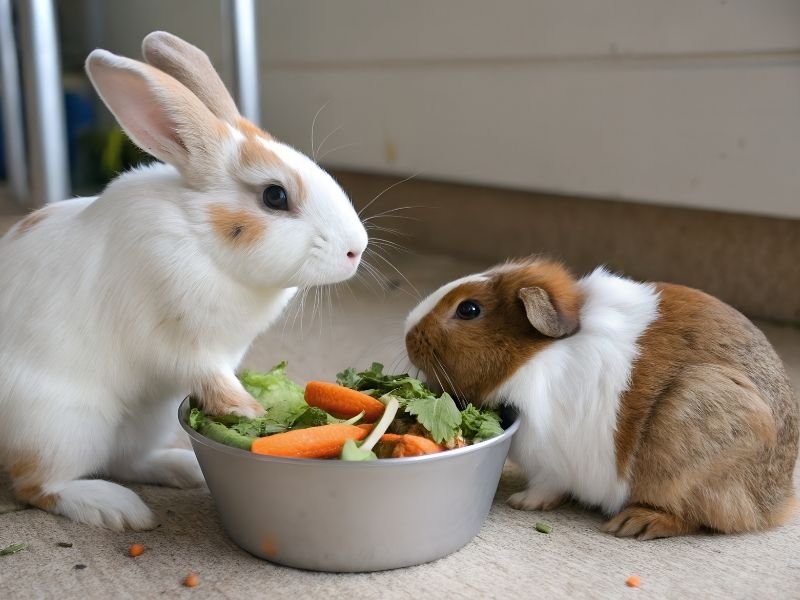
How to Find a Reliable Rabbit Sitter in Christchurch
If you’ve decided professional in home rabbit care is the right choice, here’s what to look for when selecting someone.
Experience specifically with rabbits is absolutely non negotiable. Caring for rabbits is quite different from caring for cats, dogs, or even other small animals like guinea pigs. The handling techniques are different. The health concerns are different. The dietary needs are different. Ask directly about their rabbit experience. How long have they been caring for rabbits? How many have they cared for? Can they describe proper handling techniques? Do they know common rabbit health emergencies?
Someone with genuine rabbit experience will be able to answer detailed questions confidently and specifically. They’ll talk about things like gut stasis, the importance of unlimited hay, proper body condition scoring, how to check for malocclusion, what healthy rabbit poos should look like. If someone gives vague general answers about pet care rather than rabbit specific information, that’s a red flag.
Insurance is essential. Professional pet sitters should carry public liability insurance that covers small animal care including rabbits. If something goes wrong, there needs to be proper coverage in place.
Ask about their visit routine and what’s included in the time they spend with your rabbit. How long are their visits? What exactly do they do? Is it just food and water top ups or comprehensive health checks? Do they provide exercise and enrichment time? Will you receive photo updates showing your rabbit is doing well?
Emergency protocols matter significantly with rabbits because they can go downhill so quickly. What happens if your rabbit seems unwell? How quickly will they contact you and the vet? Which vet will they use? Do they understand rabbit specific emergencies like gut stasis? What happens if they can’t make a scheduled visit?
References from other rabbit owners are invaluable. Anyone can claim they’re experienced with small animals, but references from people whose rabbits they’ve actually cared for give you real confidence.
A meet and greet before you book isn’t optional. The rabbit sitter needs to meet your bunny, see their setup, understand their routine, and learn their individual personality and quirks. They should ask detailed questions about your rabbit’s preferences, health history, and any special needs. If someone’s willing to just take keys and start without meeting your rabbit first, that’s not professional service.
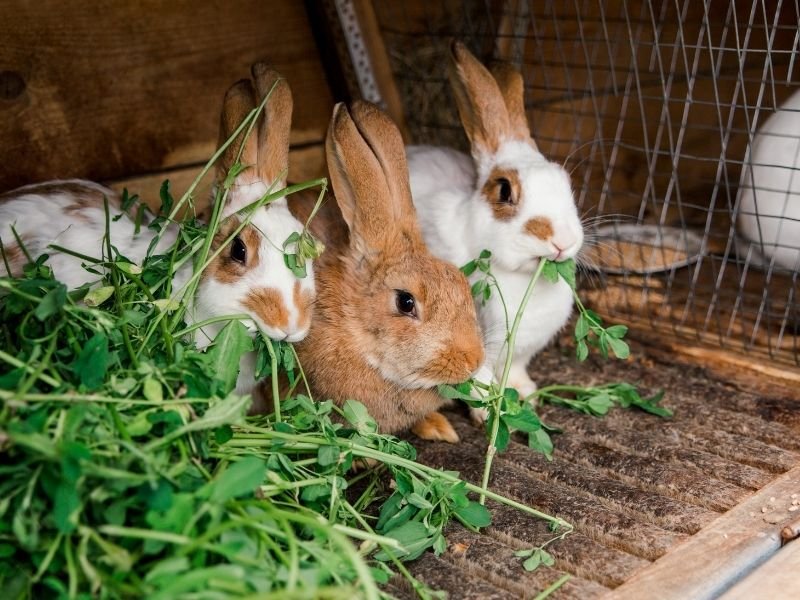
What to Prepare for Your Rabbit Sitter
Once you’ve found someone you trust to care for your rabbit, here’s what you need to have ready to make everything run smoothly.
Write down your rabbit’s complete routine in detail. What time do they usually eat? How much of each food type? What vegetables do they get and in what quantities? When do they have exercise time and where? Do they have any particular habits or preferences? What toys or enrichment do they enjoy?
Health monitoring instructions should be really clear. What’s normal for your rabbit? Are they usually curious and active or more calm and reserved? Do they have any existing health conditions the sitter needs to know about? What would be considered urgent enough to need immediate vet attention versus something that can wait until you’re home?
Stock up on all supplies. You want way more than enough hay, pellets, and fresh vegetables for the entire time you’re away plus extra. Running out of hay mid trip would be a disaster because rabbits genuinely need constant access to it.
Leave your vet’s information clearly displayed. Include the clinic name, full address, phone number, after hours emergency number, and your account details if you have them. Let your vet know you’ll be away and someone else will be caring for your rabbit in case they need to contact them.
Provide clear permission for emergency decision making. If your rabbit needs veterinary care while you’re away, can your sitter authorize treatment? What’s your budget for emergency vet expenses? These are uncomfortable conversations but they’re critically important.
Take recent good quality photos of your rabbit from multiple angles. If your rabbit escapes or gets lost somehow, having clear current photos makes it much easier to describe them or create found pet posters.
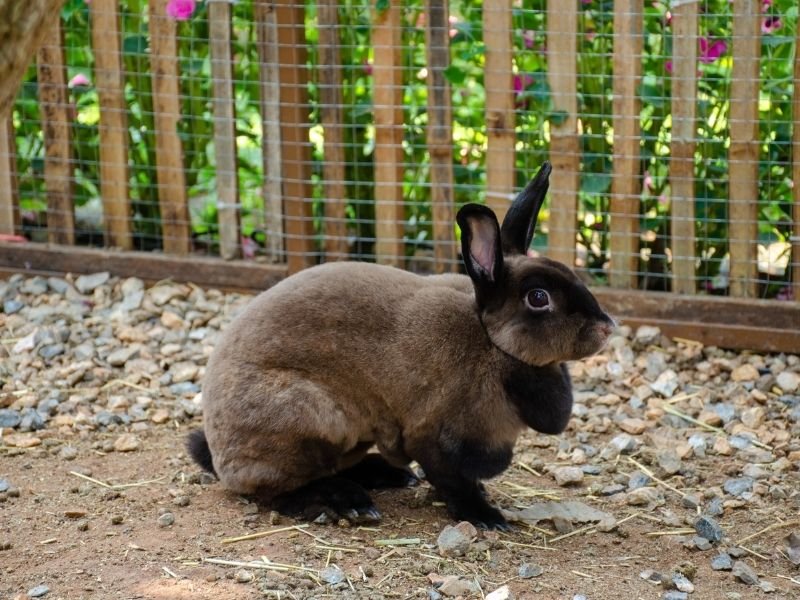
Rabbit Sitting Prices in Christchurch
People often ask about costs when planning rabbit care, and I understand it’s an important factor in your decision.
For professional rabbit sitting in Christchurch, you’re typically looking at around thirty to forty dollars per visit. That includes comprehensive care with health checks, feeding, housing maintenance, exercise time, and photo updates.
That might seem expensive compared to asking a friend to help for free. But consider what you’re paying for. Someone with genuine rabbit experience who knows what to watch for. Reliability and consistency. Professional insurance and accountability. Proper handling techniques that keep your rabbit safe. Thorough care taking thirty to forty minutes per visit, not a rushed check. Peace of mind while you’re away knowing your rabbit is properly cared for.
It’s also worth comparing to boarding costs. Rabbit boarding facilities in New Zealand typically charge anywhere from twenty five to fifty dollars per day. If you have multiple rabbits, in home care where one visit looks after all of them can actually be more economical than boarding each rabbit separately.

What If Something Goes Wrong
This is what keeps rabbit owners up at night when planning to travel. What if my rabbit gets sick while I’m gone?
The honest answer is that sometimes rabbits do become unwell while their owners are away. It’s not common, but it happens. The critical thing is having someone caring for them who recognizes problems early and acts quickly.
Professional rabbit sitters check for health issues during every single visit. We’re watching eating habits, poo production, activity levels, posture, grooming behaviour, and overall demeanour. If something seems off, we’re contacting you and the vet immediately, not waiting to see if it improves.
We understand the difference between minor quirks and genuine emergencies. We know that a rabbit who’s stopped eating needs to see a vet right now, not tomorrow. We know that laboured breathing, sudden lethargy, or inability to move properly are urgent situations requiring immediate attention.
Importantly, we’re comfortable making decisions in emergencies. If your rabbit needs urgent veterinary care, we’ll get them there. We can handle after hours emergencies if something happens in the evening or on weekends.
You can’t eliminate all risk when you’re away from your pets. But you can massively reduce it by having experienced, knowledgeable, attentive professional care in place.
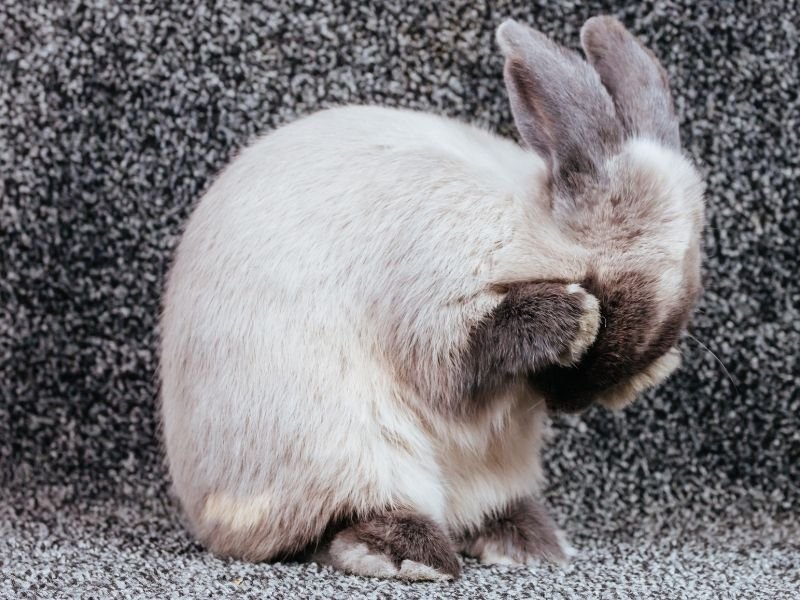
Why Rabbits Deserve Specialist Care
When I first started offering rabbit care over ten years ago, I thought my experience with other animals would translate easily. Surely caring for a rabbit wasn’t that different from caring for a cat or a guinea pig?
What I ended up realising was rabbits are their own unique species with specific needs, health vulnerabilities, and care requirements. They’re not like guinea pigs. They’re not like any other animal. They need someone who actually understands rabbits, not just someone who’s good with animals generally.
Your rabbits aren’t low maintenance hutch animals. They’re intelligent, sensitive, complex creatures who rely on you for everything. When you can’t be there, they deserve someone who’ll provide the same standard of specialised care you’d give them yourself.
That’s what professional rabbit sitting is really about. Not just keeping them alive while you’re gone, but ensuring they’re genuinely healthy, comfortable, and thriving in your absence.
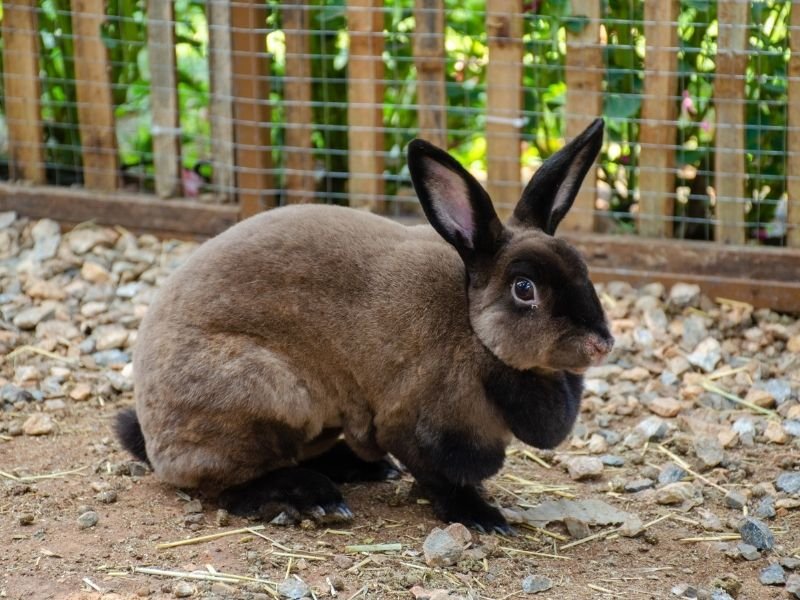
Frequently Asked Questions About Rabbit Sitting in Christchurch
How often should someone visit my rabbit while I’m away?
For healthy adult rabbits on trips of three days or less, once daily visits are usually adequate. For longer trips, twice daily visits are better because it keeps routines more consistent, ensures constant access to fresh food and water, and provides more frequent health monitoring. Young rabbits, elderly ones, or those with health conditions typically need twice daily care regardless of trip length.
Can rabbits be left alone for a weekend?
Rabbits can technically survive a weekend alone if you leave extra food and hay. But they’ll be living in increasingly dirty conditions, they won’t have fresh vegetables, they’ll get lonely and bored, and if something goes wrong nobody will know until you return. Even one mid-weekend visit is much kinder and gives you peace of mind that your rabbit is actually okay.
What if my rabbit has special dietary or medical needs?
Professional rabbit sitters are experienced with managing special requirements. Whether your rabbit needs medication, hand feeding, has dietary restrictions, requires syringe feeding supplements, or has other medical considerations, an experienced sitter can handle it. Provide clear written instructions and demonstrate anything complex during the meet and greet.
How do you handle rabbits safely?
Proper rabbit handling involves supporting their hindquarters and keeping them close to your body so they feel secure. Never pick up a rabbit by their ears or scruff. Never let their back legs dangle unsupported. If a rabbit struggles, you need to know how to hold them safely to prevent spinal injury. This is why experience specifically with rabbits is so important.
What happens if my rabbit escapes while I’m away?
Experienced rabbit sitters are very careful about security, checking doors and latches during every visit. If a rabbit did escape, your sitter would immediately search the area, secure other pets, contact you, and follow lost pet protocols. Having recent photos of your rabbit helps enormously. This is another reason why professional sitters with insurance matter.
Can the pet sitter give my rabbit medication?
Yes, experienced rabbit sitters can administer oral medications, injections if trained, topical treatments, and other medications. Rabbits can be tricky to medicate because they’re good at spitting things out, so proper technique matters. Demonstrate the method during your meet and greet, leave detailed instructions, and provide extra medication doses just in case.
What if I have multiple rabbits who are bonded?
Bonded rabbits should stay together as separating them causes significant stress. Professional rabbit sitters understand bonded pairs or groups and will maintain those relationships. Multiple rabbits take longer to care for, which may affect pricing, but keeping bonded rabbits together is always the priority for their wellbeing.
How do I know the pet sitter actually came?
Professional rabbit sitters provide proof through GPS tracked visit times and photo updates showing your rabbit during each visit. You should receive these for every scheduled visit without having to ask. If a sitter isn’t providing reliable communication and proof of visits, that’s a major red flag.
Need experienced rabbit sitting in Christchurch? VIPets provides specialist rabbit care with proper handling techniques, daily health monitoring, and comprehensive visits. Over 10 years of hands-on rabbit experience.


